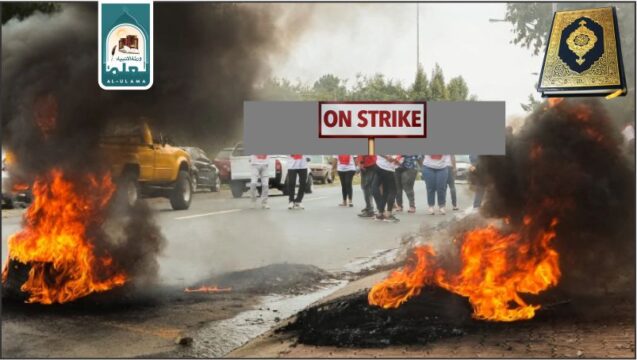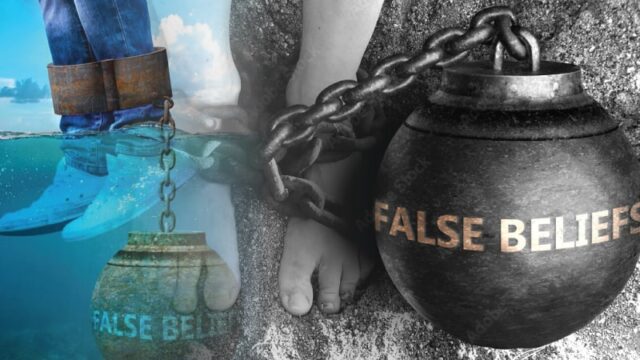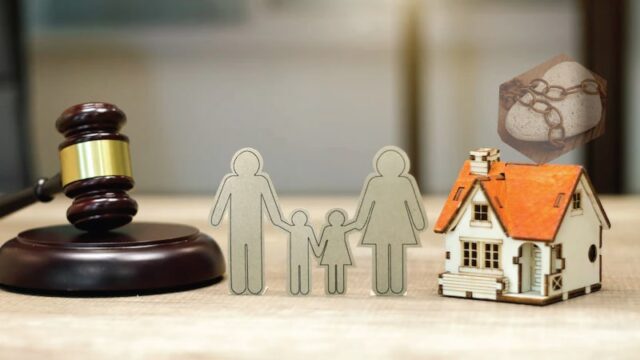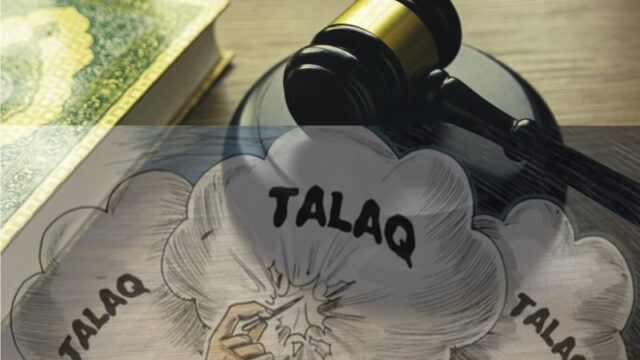Question
What do the scholars say on the matter that I, Aamina bint Azeez, have problems within my family due to some disputes for which I want to take the verdict of scholars? This dispute is between me and my husband and there is no witness to it. About six years ago my husband said to me that if I go out of my home then the Talaq would occur. But I came out and went to my father’s home. (Then our family members made reconciliation between us.)
Then one day, during a quarrel, my husband took my hand and slapped himself with it and said: This is the first divorce. Then after some time he took the other hand of mine and slapped on his other cheek and said: Second has happened (But this time he did not use the word Talaq). We have three children and because of that our family members want to reconcile between us.
- Is reconciliation permitted or not?
- If it is allowed then what is the procedure for it?
- Only Ruju’ should be done or we have to perform Nikah again?
- If the Nikah has to be performed again then the previous divorce would remain in count or would it be void?
Answer
الحمد لله وحده والصلاة والسلام علي من لا نبي بعده
In this question several things needs an explanation:
- Mu’allaq Talaq
- More than one Talaq in a single occasion.
- The method of Ruju’.
- Whether after Ruju’ the previous Talaq would be counted or not.
- First time the Talaq he gave is called the “Talaq Mu’allaq” (or conditional divorce) which is the Talaq that depends on certain acts such as a person says that if such a thing happens then you are divorced or a statements similar to that. Similar statement was uttered as described in the question that the man said (to his wife), ‘If you go out of the home then you are divorced,’ and the wife came out of the home and went to her parent’s home. Therefore, one divorce has occurred.
- Second time the two divorces he gave by hitting her hand on his face is double divorce in a single sitting which, according to us, in the light of Qur’an and Sunnah is a single divorce. (Its details we have mentioned in several Fatawa.)
So the first divorce which was conditional and this divorce are altogether two divorces.
- The method to do Ruju’ is to normalize the relationship within the duration of ‘Iddah. If the Ruju’ is not done within ‘Iddah period then it is mandatory to perform Nikah again. If the woman is pregnant then her ‘Iddah is until she delivers the baby. If she is not pregnant then her ‘Iddah is until the completion of three menstrual periods. In the description given in the question we do not know when the Talaq was given. If the ‘Iddah is still remaining then Ruju’ can be done without Nikah but if the ‘Iddah has ended then it is mandatory to perform Nikah again.
- A person has right to give Talaq only three times. He may do Ruju’ after two Talaq but after the third one he will have no rights to do Ruju’. Hence, the Talaq given before Ruju’ are counted and they do not lapse. Previously given Talaq lapses only in the case when the final Talaq occurs and the woman marries to another man after completion of ‘Iddah. Then if her new husband gives Talaq to her or he dies and she marries to her earlier husband then in this condition all the previous Talaq would be void.
- Since the husband has already given two Talaq as described in the question, therefore, he must keep in mind that although he has right to give one Talaq in future but he has no right to do Ruju’ after it. Hence if he gives another Talaq then this will be his final divorce and there will be no possibility for him to do Ruju’, neither through the means of reconciliation nor through the renewal of Nikah. Therefore, if by thinking about children you want to make reconciliation then do so, but before that try to resolve the issues due to which the situation has reached at this level. In our community, sometimes people hasten to do Ruju’ after the divorce without understanding the real problem, and so it ends up with another divorce.
Noble Muftis
His excellence Shaykh Abu Muhammad AbdusSattar Hammad (President of the Lajnah)
His excellence Shaykh Abdul Haleem Bilal (may Allah preserve him)
His excellence Shaykh Javed Iqbal Sialkoti (may Allah preserve him)
His excellence Shaykh Abdur Rahman Yusuf Madani (may Allah preserve him)
His excellence Shaykh Sa’eed Mujtaba Sa’eedi (may Allah preserve him)
His excellence Shaykh Abu ‘Adnan Muhammad Muneer Qamar (may Allah preserve him)
His excellence Shaykh Hafiz ‘Abdur Rauf Sandhu (may Allah preserve him)
Note
This is a translation of the original text of the fatwa which was issued in the Urdu language.
Translator: Muhammad Moeen

















